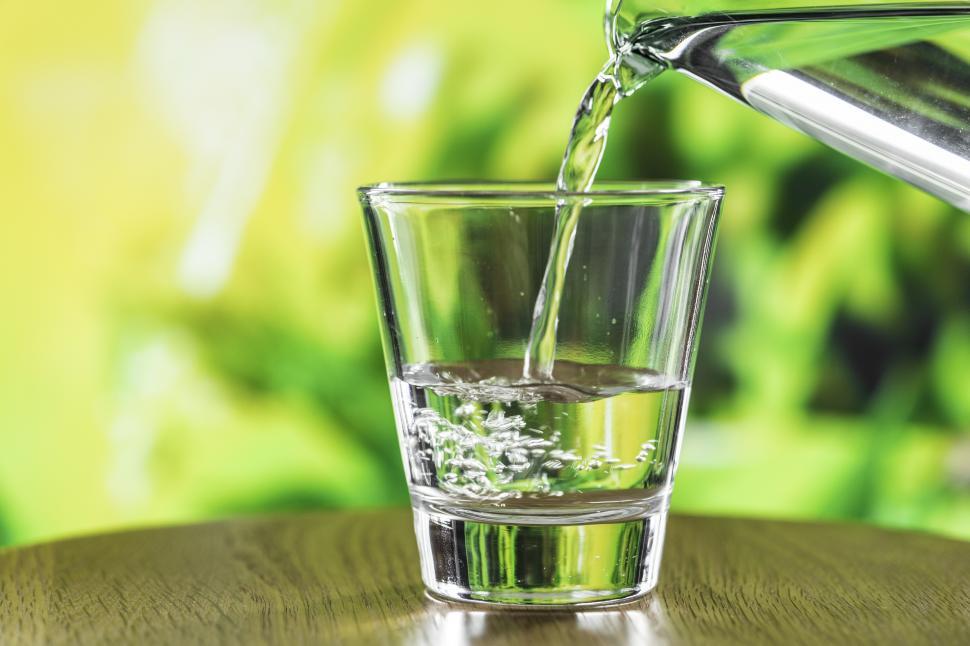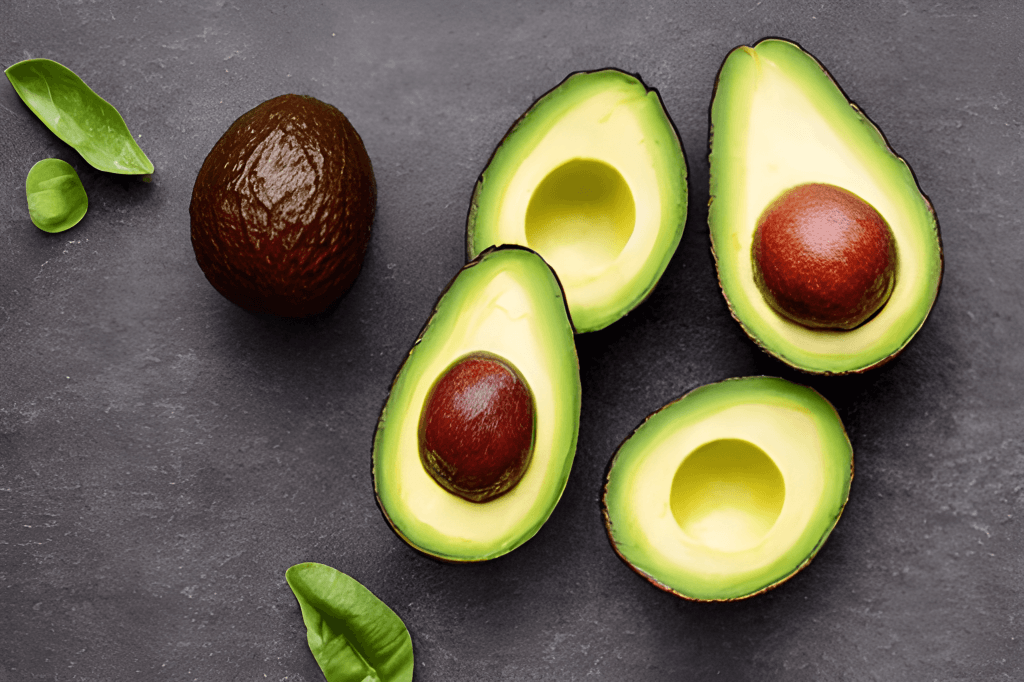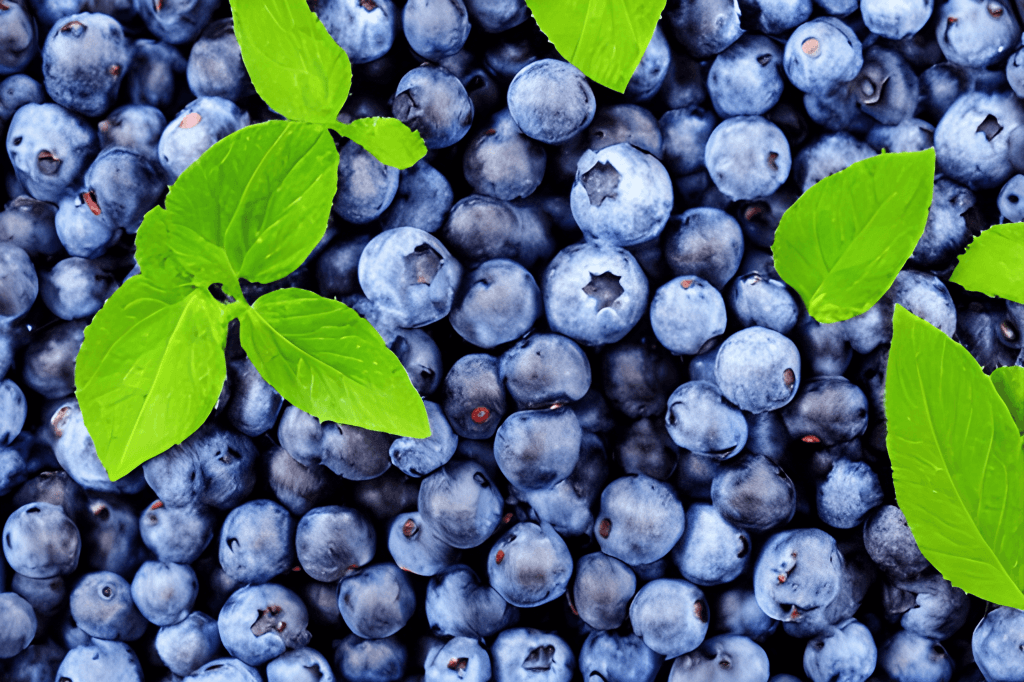To lighten your skin tone based on proven studies

In today’s beauty-conscious world, the quest for lighter skin tones is prevalent across cultures. While various remedies and products claim to offer skin lightening benefits, the efficacy and safety of these methods are often debated. One such remedy that has gained popularity is papaya. Proponents suggest that papaya possesses skin lightening properties due to its enzyme content and other nutrients. However, does papaya truly make your skin whiter? In this comprehensive exploration, we delve into the scientific evidence behind papaya’s potential skin lightening effects and discuss alternative techniques supported by research.
The Science of Skin Pigmentation and Common Causes of Uneven Skin Tone
Understanding the intricacies of skin pigmentation is essential for comprehending the factors contributing to uneven skin tone. Skin pigmentation is primarily determined by melanin, a pigment produced by melanocytes located in the basal layer of the epidermis. Melanin serves as a natural defense mechanism against the harmful effects of UV radiation by absorbing and scattering ultraviolet (UV) light. There are two main types of melanin: eumelanin, which imparts brown to black hues, and pheomelanin, which contributes to yellow to red tones. The ratio and distribution of these melanin types within the skin, along with other factors like melanosome size and distribution, influence an individual’s skin color.
Various factors can disrupt the delicate balance of melanin production, leading to uneven skin tone. One common cause is excessive sun exposure, which stimulates melanocytes to produce more melanin in response to UV radiation. Over time, this can result in sunspots, freckles, and overall skin darkening. Hormonal changes, such as those occurring during pregnancy or when taking oral contraceptives, can also trigger melanin production, leading to conditions like melasma or chloasma. Additionally, aging contributes to uneven skin tone as the skin’s natural exfoliation process slows down, allowing dead skin cells to accumulate and potentially exacerbating pigmentation issues. Acne scars and other forms of skin trauma can also cause post-inflammatory hyperpigmentation, further contributing to uneven skin tone.
Furthermore, certain skin conditions, such as melasma, characterized by patches of dark skin, and post-inflammatory hyperpigmentation, resulting from inflammation or injury to the skin, can cause significant variations in skin tone. Genetics play a role as well, influencing an individual’s predisposition to certain pigmentation issues. Environmental factors like pollution and smoking can also exacerbate skin damage and pigmentation problems. Understanding the common causes of uneven skin tone provides valuable insights into developing effective strategies for addressing pigmentation concerns and achieving a more balanced complexion. By addressing these underlying factors through targeted skincare interventions and lifestyle modifications, individuals can work towards restoring skin clarity and promoting overall skin health.
The Myth of Papaya’s Skin Whitening Properties:
Papaya, scientifically known as Carica papaya, is rich in enzymes like papain and chymopapain, along with vitamins A, C, and E. These nutrients are believed to promote skin health and may contribute to a brighter complexion. However, the notion that papaya can significantly lighten skin tone is not fully supported by scientific evidence.
Research Studies on Papaya and Skin Lightening:
Several studies have investigated the effects of papaya on skin health, including its potential to lighten skin tone. A study published in the Journal of Ethnopharmacology in 2006 evaluated the skin whitening effects of a papaya extract on human volunteers. The results showed a modest improvement in skin brightness and texture after topical application of the extract. However, the study did not demonstrate a significant lightening effect on the participants’ skin tone.
Furthermore, a review published in the Journal of Clinical and Aesthetic Dermatology analyzed various natural ingredients used in skin lightening products, including papaya extract. While the review acknowledged papaya’s potential exfoliating and antioxidant properties, it emphasized the lack of substantial evidence supporting its efficacy as a standalone skin lightener.
Alternative Techniques for Skin Lightening:
While papaya may offer some benefits for skin health, achieving significant skin lightening requires a multifaceted approach. Here are evidence-based techniques to lighten skin tone safely and effectively:
Sun Protection: UV exposure can cause skin darkening and pigmentation issues. Use broad-spectrum sunscreen with SPF 30 or higher daily, and limit sun exposure, especially during peak hours.
Topical Treatments: Ingredients like hydroquinone, kojic acid, alpha hydroxy acids (AHAs), and retinoids have been proven effective in lightening dark spots and promoting skin renewal. These ingredients inhibit melanin production and enhance exfoliation, resulting in a brighter complexion.
Vitamin C: As an antioxidant, vitamin C can help reduce melanin production and fade hyperpigmentation. Look for serums or creams containing stable forms of vitamin C, such as L-ascorbic acid or ascorbyl glucoside.
Chemical Peels: Professional chemical peels using ingredients like glycolic acid or salicylic acid can accelerate skin exfoliation and improve skin tone. These treatments should be performed by qualified dermatologists or estheticians.
Laser Therapy: Laser treatments, such as fractional laser resurfacing and intense pulsed light (IPL) therapy, can target melanin-producing cells and lighten dark spots. These procedures should be administered by trained professionals to minimize the risk of side effects.
Healthy Lifestyle: Maintain a balanced diet rich in fruits, vegetables, and antioxidants to support skin health from within. Stay hydrated, get enough sleep, and manage stress levels to promote overall well-being.
While papaya possesses beneficial properties for skin health, its ability to significantly lighten skin tone is inconclusive based on current scientific evidence. Instead, individuals seeking to lighten their skin tone should adopt a holistic approach incorporating evidence-based techniques such as sun protection, topical treatments, chemical peels, laser therapy, and a healthy lifestyle. Consulting with a dermatologist can help tailor a skin lightening regimen suited to individual needs and ensure safe and effective results. Ultimately, achieving a brighter complexion requires patience, consistency, and a commitment to skin health.
Stay caught up with the latest!








Leave a comment